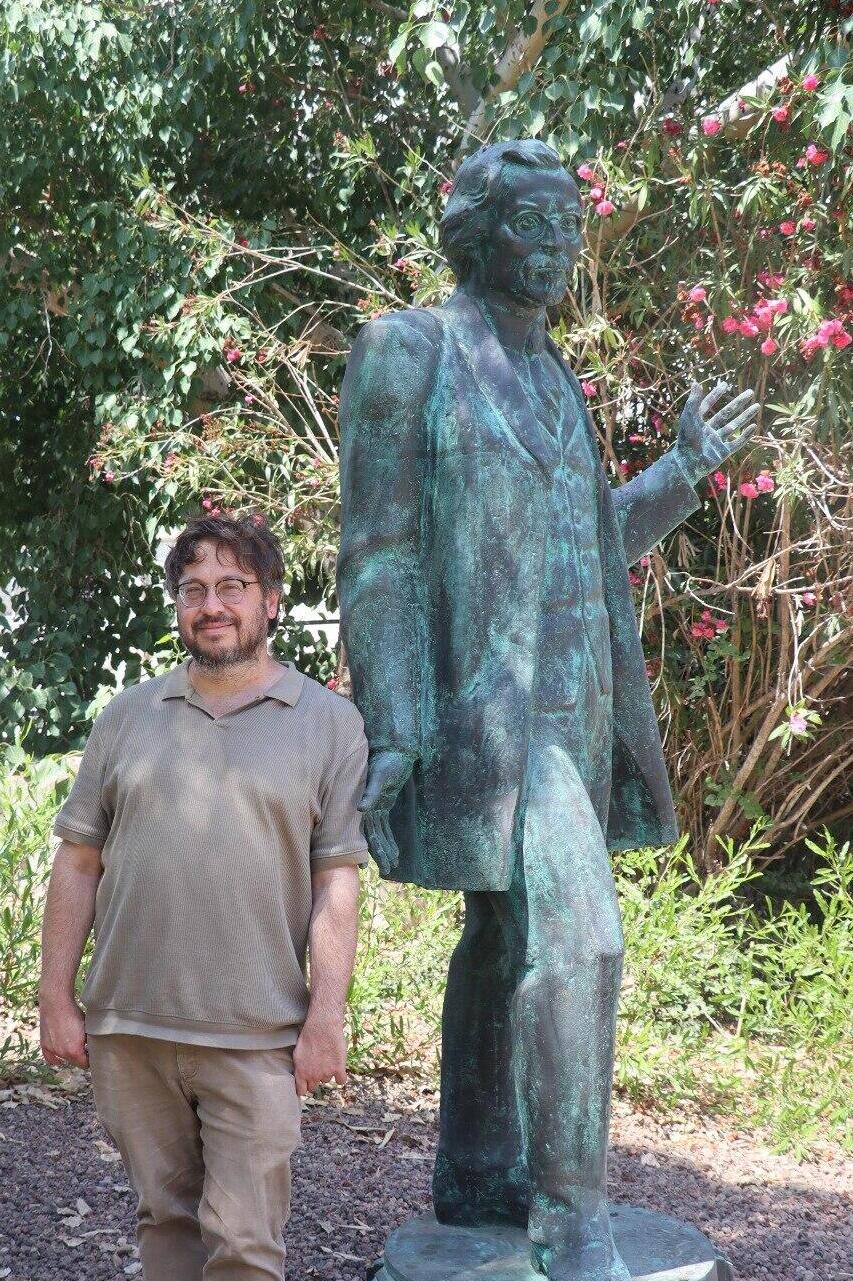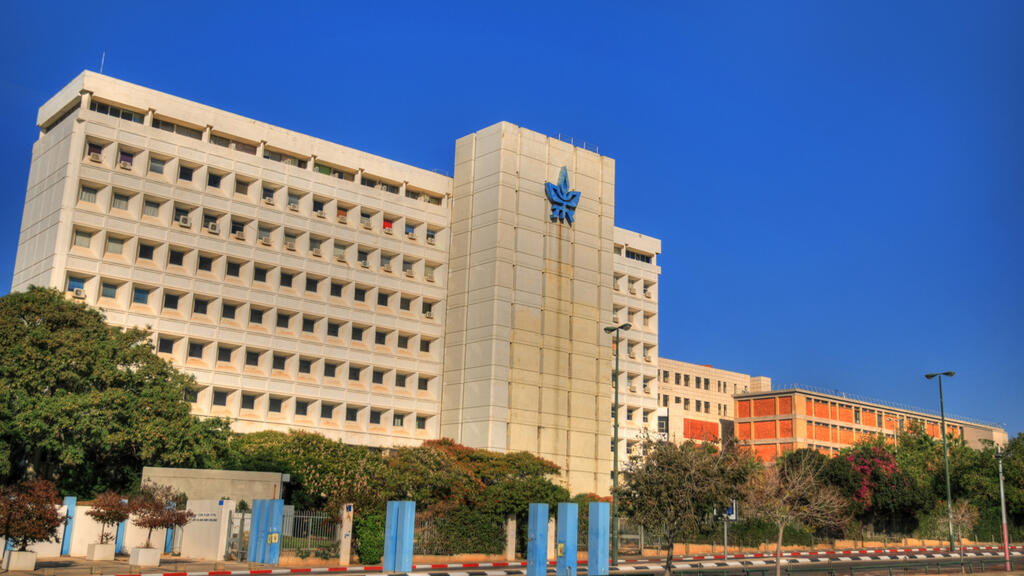Getting your Trinity Audio player ready...
In response to the growing demand and interest in Yiddish studies, Tel Aviv University's Faculty of Arts will introduce a new program for studies and research in Yiddish theater and arts. The program will encompass both theoretical and practical aspects of art and performance.
Read more:
Students will engage in historical and archival research as well as practical theater experiences that respond to the creative richness of Yiddish theater and related arts. Throughout their studies, students will grapple with the question of what constitutes the heritage of Yiddish theater for young creators and contemporary culture.
In recent years, Yiddish has experienced a significant revival at the university, attracting numerous Israeli students, including young learners, as well as students from around the world who seek to experience the spiritual and linguistic richness of the language and culture.
Every year, more than a hundred students sign up for various courses in the Yiddish language and culture, including a master's degree in Yiddish studies. Additionally, international summer programs for Yiddish studies are held annually, with the current summer program hosting 75 students from 14 different countries, including the United States, Portugal, Argentina and France.
2 View gallery


Dr. Yair Lipshitz and the new statue of Jewish Yiddish writer Sholem Aleichem
(Photo: Tel Aviv University)
Dr. Yair Lipshitz of the Department of Theater Arts and Head of the Zimbalista Jewish Heritage Center stated that in Israel, Yiddish is mostly perceived as traditional, nostalgic or even worse, as grotesque and outdated. However, despite these perceptions, Yiddish culture includes diverse and varied voices that were once young, modernist, radical, sensual and avant-garde.
"We aspire to bring back these voices to contemporary Tel Aviv and enable our students to experience and explore the surprising relevance of Yiddish culture in their lives today," says Dr. Lipshitz. As part of the efforts to promote the study and research of the Yiddish language, in collaboration with Dr. Mark Zilberkweit, chairman of the Foundation for the Preservation of Yiddish Culture, a statue of Sholem Aleichem, a Jewish writer who wrote in Yiddish, was recently placed on the campus.


